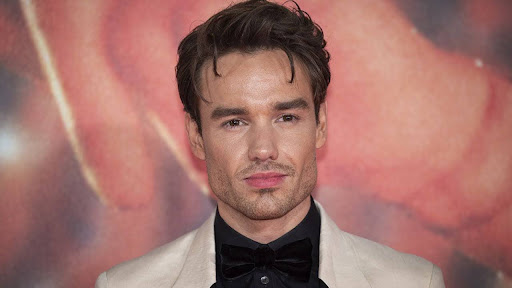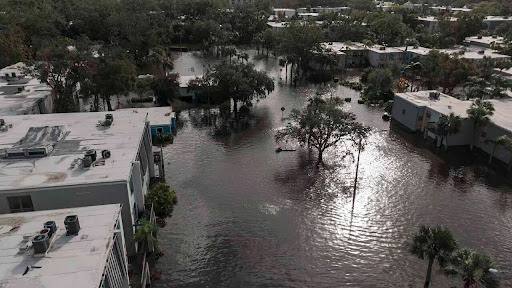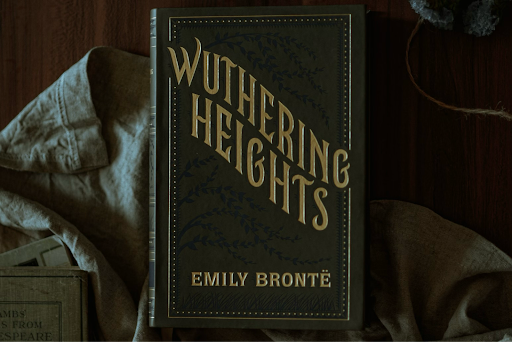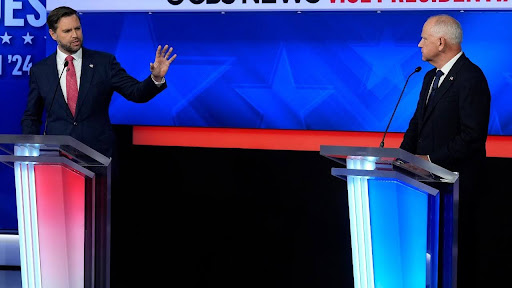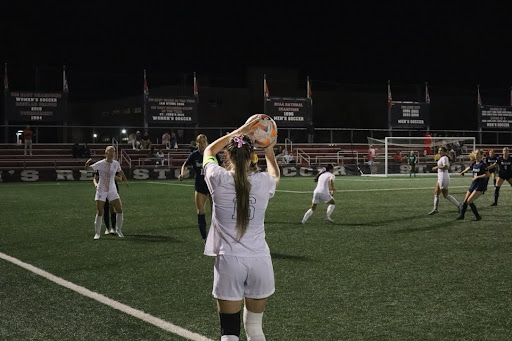All things in life die, and some are already dead. Chivalry, to validate a contemporary pseudo-cliché, is dead; honor and modesty have perished under a wave of decadent materialism, leaving the Darcys and Romeos smoldering in the pitiful ruins of a glory far past its heyday.
And, at long last, Shakespeare – as college intellectuals and sophisticated literary analysts knew it – has died, supplanted by the too-busy-for-art-let-me-read-this-text-message attitude so engrained with this generation. Coupling with this techno-driven neuroticism and sudden upheaval of “traditional values,” it is the rap/hip-hop scene that has overthrown the sonnet, the haiku, the play, the musical, the opera, the novel – the last vestiges of a bygone era.
Last weekend, I attended “Il Barbiere di Seviglia” at the Metropolitan Opera House with my father. The production juxtaposed classical Rossini with an artistic risk involving modern staging, contemporary agency and a starkly dissimilar style that broke from its traditional presentation. A few elderly men around us began lamenting the death of conventionality, even in opera – a mode of drama I consider the most moving and beautiful form in the world.
Yet one must ask – what is sacred, and who defines what sacred means? Perhaps it’s the father, hustling drugs in Queens to feed his family. Or perhaps it’s the public official, perched placidly upon a cushy, government-issued paycheck. Both walks of life entail different preferences, needs, desires.
The difference between the hustler and the affluent public official is perhaps the most overlooked premise of all – counterbalancing the superficiality of the rich man, the hustler represents the reality of America.
The hustler, exuding a taboo griminess to middle-class America, must, philosophically speaking, become the face of the country. “You’re only as strong as your weakest link” my football coach once said, and – at the risk of abusing another cliché, it is a mantra that one must apply to this nation.
For what is rap music, really, but representation of the urban poor – of the cold and the hungry, the sick and the weak, the addicts and the thugs. How else could complacent suburbia contemplate the complexities of inner-city slum life? It is rap that conveys the sadness and, at times, pompous splendor that encompasses the gangster life.
Critics of rap and hip-hop, like those grumbling curmudgeons at the Met, rashly argue that the genre has negatively influenced the youth of America. The true criminal here is not rap, but rather the polluting atmosphere of entertainment culture: video games depict grisly acts, ranging from chainsawed aliens to cut-scenes of high-rolling gangsters and higher-charging prostitutes; radio is polluted by blustering morons like Rush Limbaugh, spewing extremist demagoguery into the American ear.
And people criticize rap.
The truth is that most critics simply haven’t heard – really listened to – rap or hip-hop. Most haven’t been moved by its soaring rhymes; most haven’t tasted the caustic criticism of Eminem; most haven’t embraced the innate genius of Biggie Smalls and his rhyming, multi-syllabic cadence.
Perhaps it is time to embrace the present and, ultimately, the future – Kanye West is not going away, opera-lover; Jay-Z isn’t going to magically disappear, symphony-goer. Perhaps the staid advocates of the past must evolve into the complete, 21st century individual. So just do us all a favor and chill, pops.


